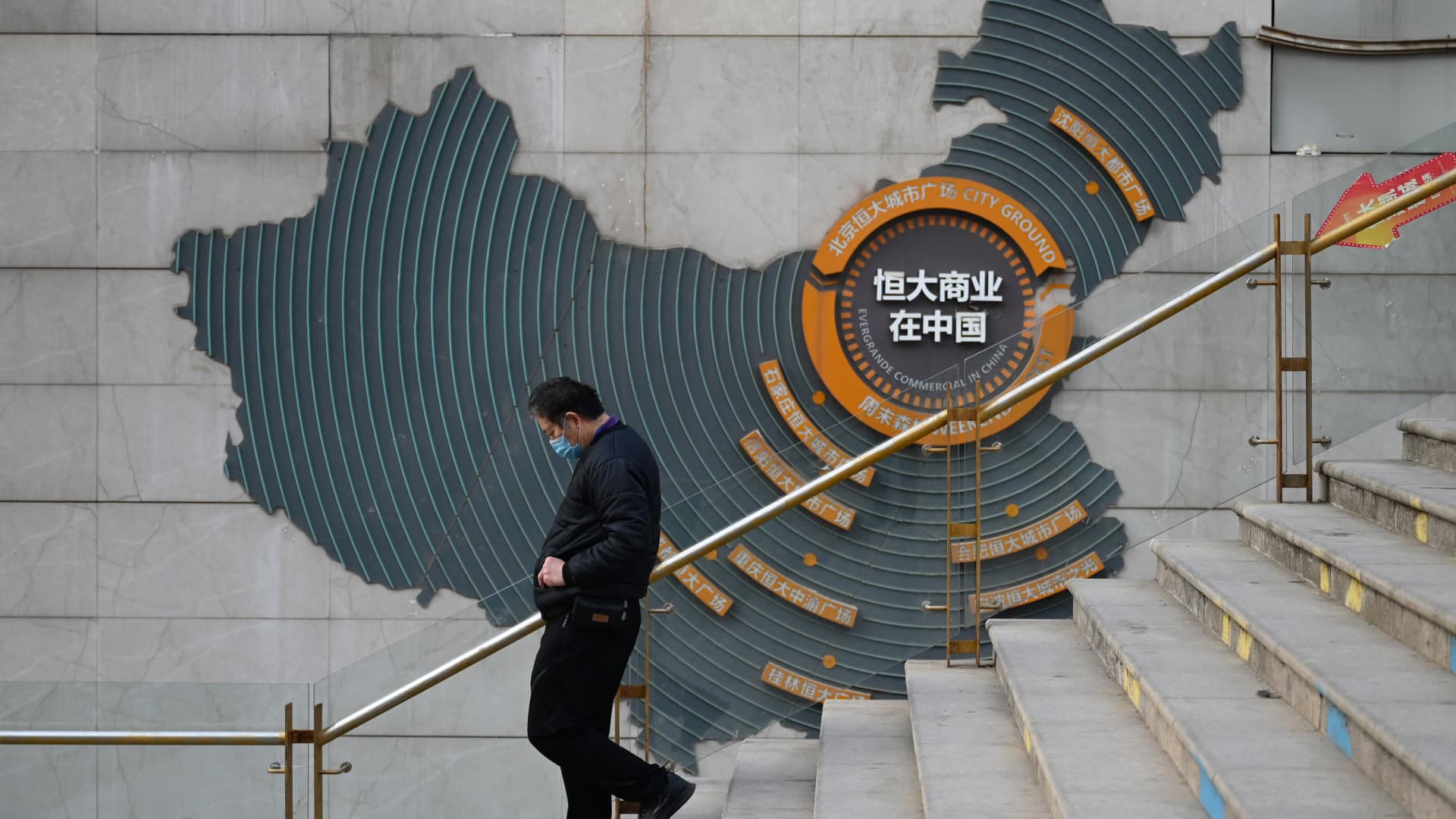C
hina Evergrande Group, once a high-flying developer that epitomized Beijing's economic rise, has been delisted from the Hong Kong Stock Exchange. The company's market value had fallen to just above $280 million by January 2024, down from its peak of $51 billion in 2017. Evergrande's collapse triggered a broader crisis that weighed on China's economic growth.
The company's downfall was one of the earliest among developers after Beijing rolled out its three-red-line policy in 2021 to rein in aggressive borrowing. The policy led to a sector-wide liquidity crisis, deflating the property bubble that peaked in 2021. Analysts expect the drag from the housing downturn to ease over the next few years.
China's housing market correction remains an ongoing headwind, but its impact is expected to decrease. Changchun Hua, chief economist for Greater China at KKR, estimates a smaller dent of 1.5 percentage points on China's GDP in 2025 compared with 2.5 percentage points in 2022. The impact will continue to ease to just 0.3 percentage point by 2027.
Chinese Premier Li Qiang emphasized the need for more effective measures to address the property market and stabilize market expectations at a high-level policy meeting last week. The Shanghai government has announced measures to boost home demand, including allowing eligible families to buy an unlimited number of homes in outer suburbs and calling for lower mortgage rates.
Shares of Chinese developers rallied on optimism that Beijing will press ahead with more stimulus to support the housing market. However, some peers may face similar delisting risks, according to Christine Li, head of research for Asia-Pacific at global property consultancy Knight Frank.
Beijing has urged local governments to ensure speedier lending to cash-strapped developers and is reportedly considering a plan to mobilize state-owned companies to take over unsold homes from distressed developers. Consolidation around state-backed developers appears inevitable as the multi-year crisis has left homebuyers more cautious than before.
The risk of more developer defaults has subsided, but consolidation is expected to continue. State-owned developers will likely end up running the entire industry, with policymakers in China never letting the property bubble approach what was seen over the last 15 years.
Evergrande's liquidation process has been slow, with overseas creditors clawing back only a fraction of what they are owed. The company still has hundreds of unfinished projects across the country, with hundreds of thousands of homebuyers waiting for their homes and a long line of creditors jostling to recoup their losses.
Creditors face uncertain prospects of repayment, with Evergrande's debt pile amounting to $45 billion, significantly higher than estimated. Overseas bondholders and shareholders are likely to be largely wiped out, according to Macrolens' McCarthy.













